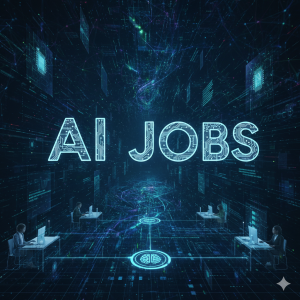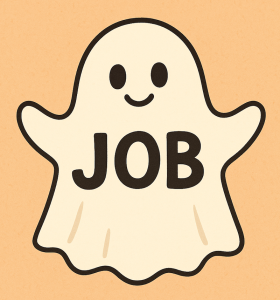Are you using AI in your job applications?
The modern job search has been revolutionized by the emergence of artificial intelligence. While once a tool used primarily by large corporations for candidate screening, AI has now become an accessible tool for job seekers themselves, helping to craft polished and compelling applications. But with this new power comes a new set of questions: what are the benefits and risks of using AI in this process, and how can employers spot AI-generated content?
The Good: Why Job Seekers are Turning to AI
The use of AI in job applications is rapidly becoming mainstream. According to a recent survey, nearly half of job seekers now use AI tools to improve their chances of success, and of those, 9 out of 10 report that it improved their application. The reasons for this trend are clear:
1. Efficiency and Time-Saving: AI can generate a complete resume or cover letter draft in minutes, saving job seekers the hours it would take to write one from scratch. This allows candidates to apply to more jobs faster and with less effort.
2. Overcoming Writer's Block: AI provides a powerful starting point, offering suggestions and helping to articulate experiences and accomplishments more effectively. For those struggling to find the right words, AI can get the creative process flowing.
3. Keyword Optimization for ATS: Most companies use Applicant Tracking Systems (ATS) to filter resumes before a human ever sees them. AI tools are excellent at analyzing job descriptions, identifying key terms, and incorporating them into your documents to help you pass this initial automated screening.
4. Professional Polish: AI can ensure documents are well-formatted, free of common spelling and grammar errors, and phrased using industry-standard terminology. This results in a polished, professional appearance that can make a strong first impression.
The Bad: The Risks and Downsides
Despite the benefits, relying too heavily on AI can introduce significant risks.
1. Lack of Personalization and Authentic Voice: AI-generated content can often be generic and lack the personal touch that makes a candidate stand out. It may miss the nuances of your unique experience or fail to convey your passion and genuine interest in the role. A robotic or impersonal tone can be a major turn-off for a human recruiter.
2. Potential for Inaccuracies and Errors: While AI is generally accurate, it can sometimes misinterpret input or rely on outdated information. This can lead to contextual errors, irrelevant details, or even unintentional misrepresentations of your qualifications.
3. Ethical Concerns: A survey found that a staggering 90% of people who use generative AI for their job search admit to using it to lie or exaggerate their skills. This raises serious ethical questions about honesty and authenticity in the application process.
4. The Risk of Detection: The rise of AI-generated content has also led to a rise in AI detection tools for recruiters. Over a third of HR specialists say they would scrutinize AI-assisted applications more closely, and some would even instantly reject them.
The key to a successful AI-assisted job application is to use it as a powerful co-pilot, not an autopilot. By using AI for efficiency while adding a personal touch and a human voice, you can create an application that is both polished and authentic.


